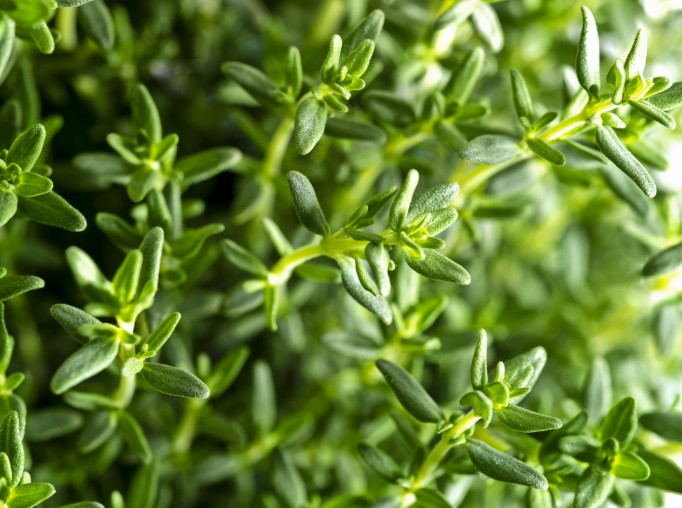Asaf the Physician Praised Her: The Benefits of Thyme
About 1,500 years ago, Asaf the Physician wrote about it: "Helps with cough, chest, breathing, lungs, and snake bites." Today, the plant is known as a remedy for mucous cough. So what else can we tell about thyme?

One Friday, my neighbor approached me and asked if I grow a plant called 'thyme' in my garden for seasoning dishes. I replied that apart from its delicious taste and particularly pleasant aroma as a spice, it has many qualities as a medicinal herb.
Already Asaf the Physician (a Jewish doctor who lived in the Land of Israel around Tiberias about 1,500 years ago and wrote the oldest Hebrew book of medicine) wrote about thyme that it "eliminates parasites in the intestine (worms), helps with cough, chest, breathing, lungs, and snake bites." Today, the plant is known as a remedy for mucous cough. It is an expectorant, meaning it allows the phlegm trapped in the throat to be released, thereby easing the cough. Additionally, the plant disinfects respiratory tracts, thereby assisting in preventing and treating colds and various winter illnesses; it helps expand bronchi, thereby aiding conditions like acute and chronic bronchitis, asthma, and generally shortness of breath and other respiratory system-related conditions. Furthermore, it is used to treat various problems in the digestive system.

As mentioned, the plant helps with coughing. Indeed, a study was conducted where one group was given thyme syrup for five days, and the other group was given a conventional syrup known to help with coughing. The results of this study showed no differences between the two groups. In other words, the thyme syrup worked no less effectively than the conventional syrup.
Research from the 1990s showed that the essential oils in the plant, thymol and carvacrol, have antibacterial activity, especially against Helicobacter pylori, to the extent that some claimed its activity could replace antibiotic treatments. Additionally, studies have shown that these oils have antifungal and anti-parasitic activity. These properties and the fact that it reduces gas position it also as a plant that assists in the functioning of the digestive system by treating acute infections, pain, and weakness in the digestive system, etc.
Furthermore, the plant improves digestion and food absorption processes. It secretes stomach acid (HCL) and thus aids the stomach function, mainly concerning protein digestion.
The usual dosage is a teaspoon of crushed leaves per cup of water, and one should drink 3 cups a day.
Eliahu Shechter is an iridologist and natural therapist

